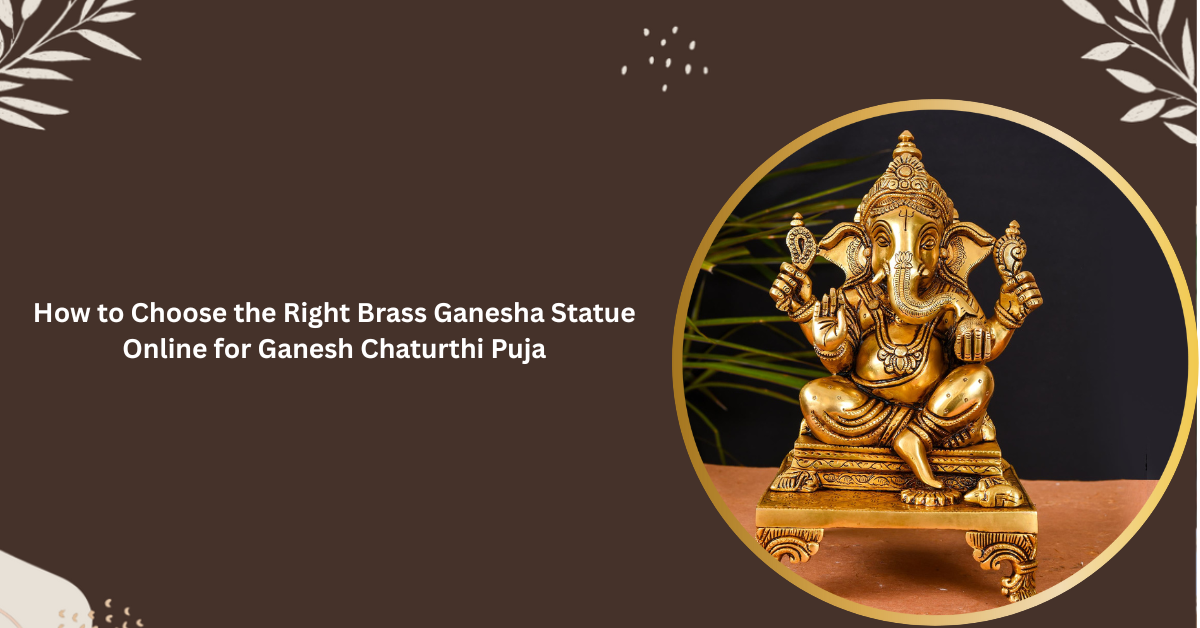

Birth and History of Lord Ayyappa
, by javed techqart, 7 min reading time
Lord Ayyappa is a revered deity in Hindu mythology, particularly in the southern states of India, especially Kerala. He is often depicted as a young man with a radiant aura, holding a bow and arrow, symbolizing his connection to divine strength and protection.
Lord Ayyappa holds a special place in Hindu mythology due to his role as a divine protector and bestower of blessings. He is believed to be the son of Lord Shiva and Lord Vishnu in his Mohini form, making him a unique and revered figure in the Hindu pantheon.
Birth of Lord Ayyappa
According to Hindu mythology, Lord Ayyappa's birth is a fascinating tale. It is believed that he was born out of the union between Lord Shiva, in the form of a celestial light, and Lord Vishnu, who took the form of Mohini, a divine enchantress. This unique union occurred to vanquish the demoness Mahishi and restore balance to the universe.
Lord Ayyappa's birth signifies the harmonious convergence of two major Hindu deities, Lord Shiva and Lord Vishnu. His divine lineage reflects the belief in the interconnectedness and unity of the Hindu pantheon. This connection makes Lord Ayyappa a revered and cherished deity among devotees.
Lord Ayyappa spent his childhood in the kingdom of Pandalam under the care of King Rajasekara. He was raised with love and devotion, unaware of his divine lineage. His upbringing in a human kingdom reflects his earthly connection and his eventual divine purpose.
Even during his early years, Lord Ayyappa displayed signs of his divine nature through miraculous deeds and extraordinary abilities. Legends speak of his ability to perform miracles and exhibit supernatural powers, which left people shocked and inspired devotion towards him. These divine manifestations hinted at his celestial origins and his destined role in the cosmos.
Ayyappa's Spiritual Quest
In his journey, Lord Ayyappa encountered the demoness Mahishi, who wreaked havoc in the universe with her evil deeds. She sought invincibility through a boon that made her virtually indestructible by any man. However, Lord Ayyappa, embodying the divine masculine essence, confronted Mahishi and defeated her, restoring peace and order to the cosmos.
Following his encounter with Mahishi, Lord Ayyappa embarked on a profound spiritual journey marked by rigorous penance and unwavering devotion. He retreated to the serene forests of Sabarimala, where he immersed himself in deep meditation and austerity. Through his intense penance and unwavering devotion to the divine, Lord Ayyappa attained enlightenment and emerged as a beacon of spiritual enlightenment for devotees.
Sabarimala Pilgrimage Tradition
The Sabarimala pilgrimage tradition traces its origins to Sabarimala in Kerala, India. It is believed that Lord Ayyappa meditated in these pristine forests, infusing them with divine energy and spiritual sanctity. The pilgrimage holds immense significance as devotees undertake the arduous journey to seek the blessings of Lord Ayyappa and partake in the divine energy that permeates the sacred grounds.
Each year, millions of devotees embark on the challenging pilgrimage to Sabarimala, braving dangerous landscapes and constant physical hardships as a testament to their devotion. The pilgrimage typically pinnacles during the sacred days of the Makaravilakku festival, a heavenly event marked by the appearance of a divine light atop the Sabarimala hill. Pilgrims observe strict vows of adherence to spiritual discipline, as they undertake the sacred journey to Sabarimala.
Stories and Miracles Associated with Lord Ayyappa
The rich tapestry of legends surrounding Lord Ayyappa is woven with tales of miraculous feats and divine interventions. From healing the afflicted to bestowing blessings upon devotees, Lord Ayyappa's divine grace is believed to manifest in myriad ways, touching the lives of those who seek his guidance and protection.
Devotees of Lord Ayyappa often recount personal experiences and anecdotes that attest to the miraculous nature of his divine presence. From inexplicable healings to profound spiritual awakenings, devotees attribute their transformative experiences to the benevolent grace of Lord Ayyappa. Their unwavering faith and steadfast devotion serve as a testament to the enduring legacy of Lord Ayyappa and his boundless compassion for all beings.
Are Lord Ayyappa and Kartik the Same?
Lord Ayyappa and Kartikeya, also known as Lord Murugan, are both revered deities in Hinduism, but they are distinct entities with unique characteristics. Lord Ayyappa is predominantly worshipped in South India, especially in Kerala, while Lord Murugan is worshipped widely in Tamil Nadu and other parts of India.
Differences and Similarities in Their Mythology and Worship
- Origins: Lord Ayyappa is believed to be the son of Lord Shiva and Lord Vishnu, born to defeat the demoness Mahishi. On the other hand, Lord Murugan is the son of Lord Shiva and Goddess Parvati, born to defeat the demon Surapadman.
- Symbolism: Lord Ayyappa is often associated with themes of austerity, devotion, and spiritual growth. Lord Murugan is depicted as a warrior god, symbolizing courage, bravery, and victory over evil.
- Worship: The worship of Lord Ayyappa is closely tied to the pilgrimage to Sabarimala, where devotees observe strict vows and rituals. In contrast, worship of Lord Murugan is characterized by grand festivals, such as Thaipusam, where devotees undertake elaborate rituals and display acts of devotion.
Key Teachings of Lord Ayyappa
Lord Ayyappa emphasizes the importance of unwavering devotion and righteous conduct in one's spiritual journey. Devotees are encouraged to cultivate a deep sense of devotion towards the divine and uphold principles of righteousness in their actions and interactions with others.
Lord Ayyappa embodies qualities of compassion, equality, and spiritual discipline. His teachings inspire devotees to treat all beings with kindness and compassion, regardless of caste, creed, or social status. He encourages spiritual discipline as a means to attain inner purity and enlightenment.
Lord Ayyappa teaches the significance of self-control and austerity as essential components of spiritual growth. Devotees are encouraged to practice moderation, discipline their senses, and cultivate inner strength through acts of self-control and austerity.
Lord Ayyappa's birth, marked by divine origins and miraculous deeds, reflects his unique role as a harbinger of spiritual enlightenment and divine grace. His journey from childhood to divine ascension embodies timeless teachings and enduring principles that continue to inspire devotion and reverence among devotees.
Lord Ayyappa's profound influence extends beyond the realms of mythology to shape the cultural and spiritual landscape of Hinduism. His teachings of devotion, righteousness, compassion, and self-discipline serve as guiding principles for millions of devotees, fostering a deep sense of spiritual connection and reverence for the divine.
Blog posts




